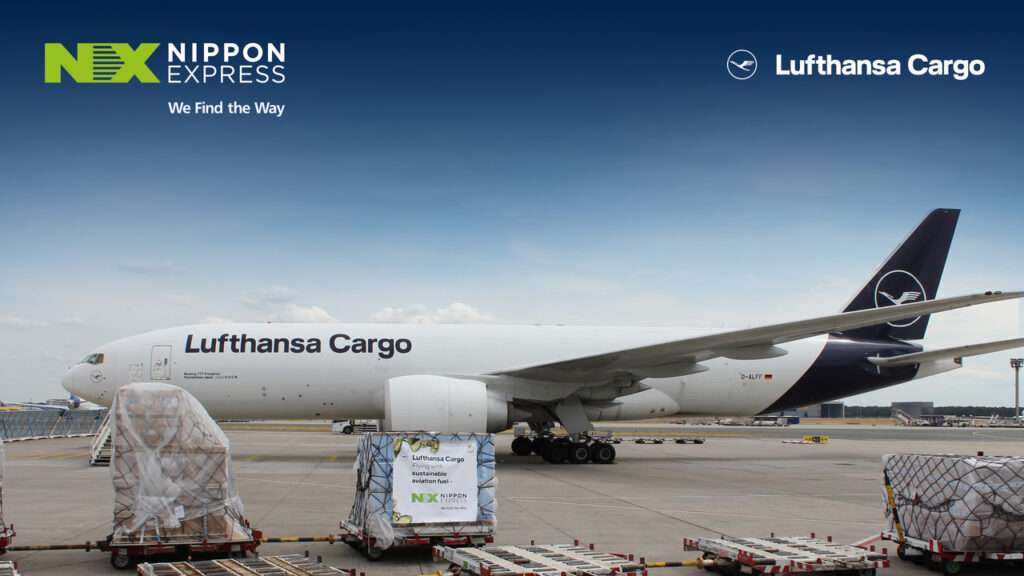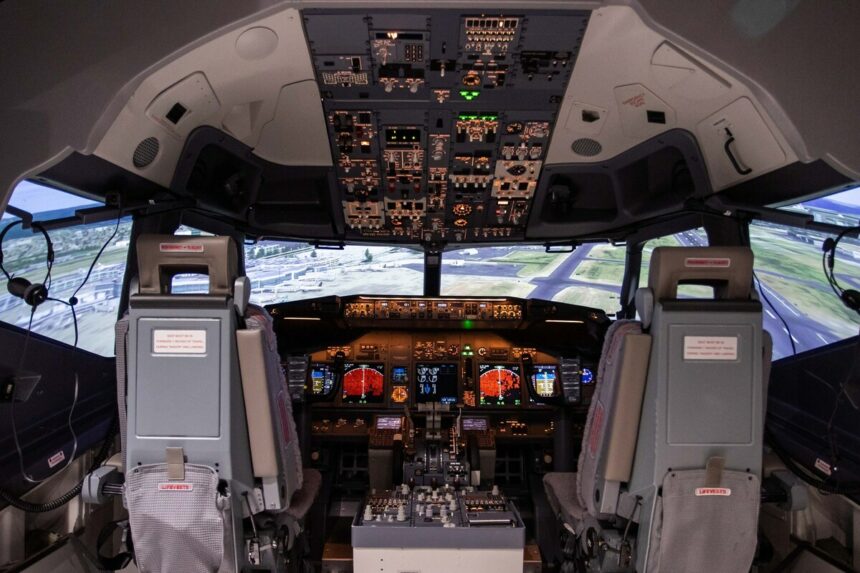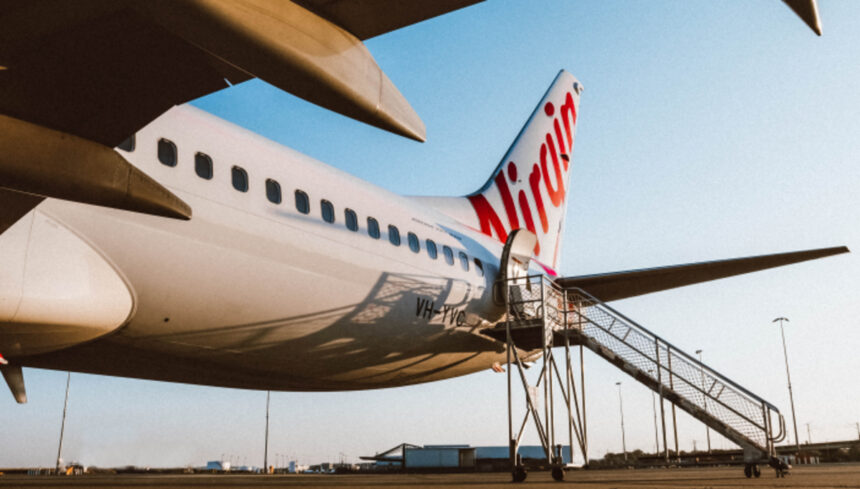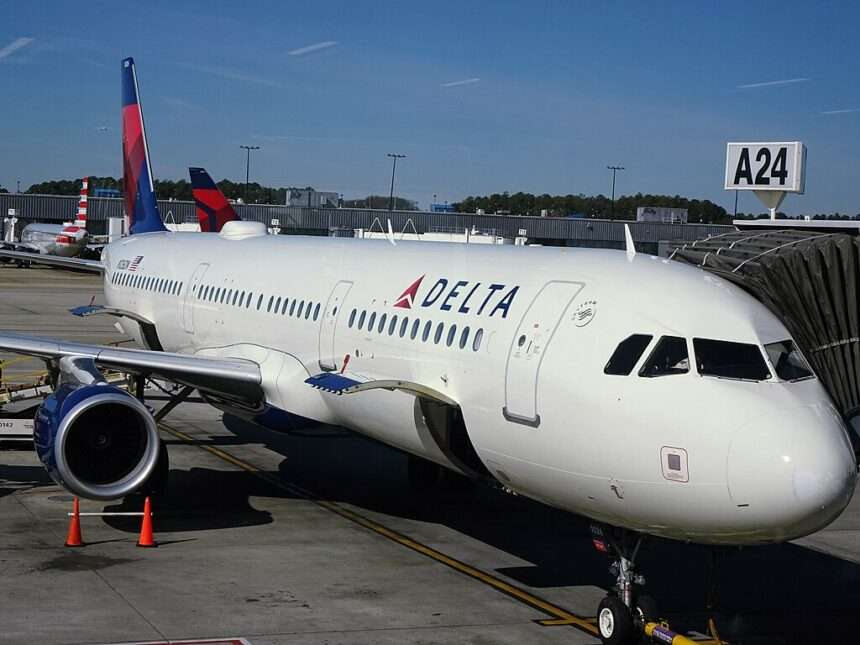German and Japanese freight giants, Lufthansa Cargo and Nippon Express Europe have agreed on a deal for the use of sustainable aviation fuels (SAF) when transporting cargo.
This deal will come with massive economic and environmentally friendly benefits including the saving of 3,150tons of CO2 emissions annually for Nippon Express Europe.
As well as cutting down emissions from a flying point of view, the deal also covers the implementation of measures to cut down on emissions of the transport of SAFs between the plant and airports.
These emissions can be better known as well-to-tank emissions.
Ambitious emission goals for both companies
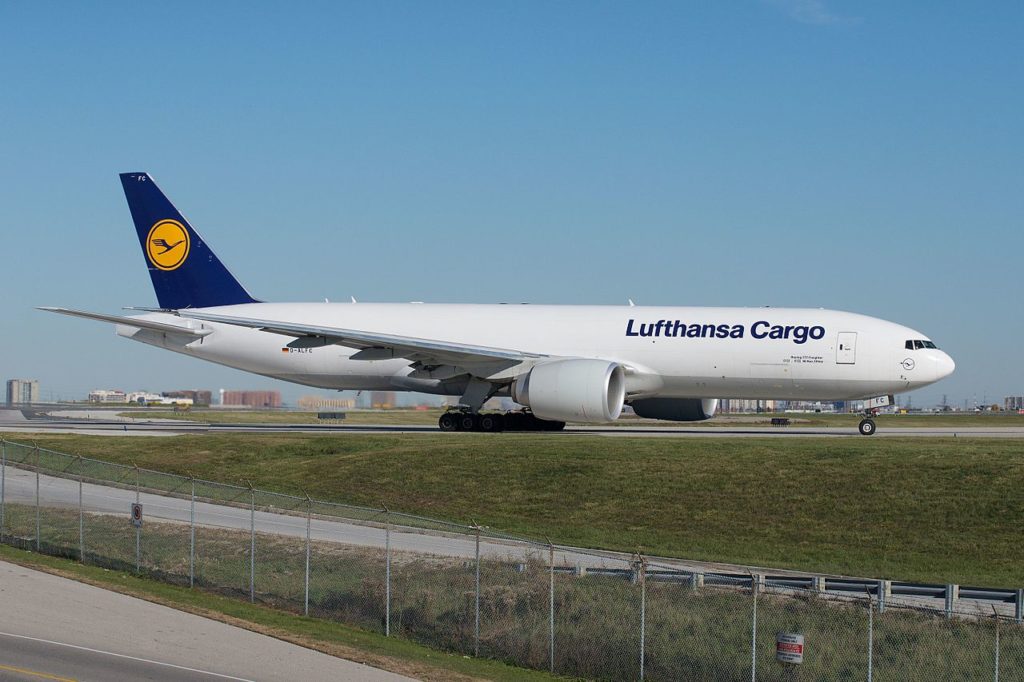
Both companies like many around the world have set ambitious carbon emission goals that they are adamant to meet in the coming years as issue surrounding global warming prevails.
For the Nippon Express Group, they have set a 50% reduction in SCOPE 1 and 2 emissions by 2030, compared to emissions in 2030.
Like many airlines and aviation companies around the world, Nippon Express Group also endeavors to hit carbon neutral by 2050.
[monsterinsights_popular_posts_inline]
On top of this, the group also intends on reducing emissions by 350,000 tons this year in 2023. This equates to a 30% reduction emissions across the group compared to 2013, a significant step in the right direction.
As for Lufthansa Cargo, the airline is following in line with not only the United Nations’ Sustainable Development Goals, but also the Lufthansa Group’s ambitious CO2 reduction targets.
These targets consist of halving net CO2 emissions by as early as 2030 compared to 2019. As well as this, the airline group also intends on reaching net zero emissions by 2050.
“We at the Nippon Express Group remain mindful of the environmental effect of the increasing demand for air freight.”
“We fully acknowledge this reality, and we must move quickly to take action to slow global warming. This agreement to advocate using SAF represents a step in the right direction on the way to a greener future.”
“Together with Lufthansa Cargo, we are honoured to embark on this journey to meet our sustainability goals and fulfil our ongoing commitment to combat climate change”, said Shinichi Kakiyama, Managing Director of Nippon Express Europe.
Plenty of initiatives in place
Alongside the goals to hit net zero carbon emissions by 2050 and to halve emissions by 2030 compared to 2019, Lufthansa Cargo has plenty of initiatives in place for the short term.
These short term moves include retiring its long standing MD11 freighter fleet which it completed in 2021.
To replace these jets it now has a modern and fuel efficient fleet of Boeing 777F freighters.
These 777s are also equipped with AeroSHARK, a new foil modeled on shark skin and reduces aircraft frictional resistance in the air and as such reducing fuel burn through less drag.
This innovative move will save around 3,700tons of kerosene per year and 11,700 tons of CO2 emissions per year.
Furthermore, the cargo airline has also employed the use of lightweight containers and lightweight nets and foils as a way to reduce onboard weight and therefore the amount of fuel required per flight.
Lastly, Lufthansa Cargo customers can use an emissions calculator integrated in the online booking tool to determine how much CO2 their shipment will produce in transit and what the customer can do to offset these emissions.
With this latest signing between LH Cargo and Nippon Express Europe, this marks the next step in the 2 companies journey to net zero.





